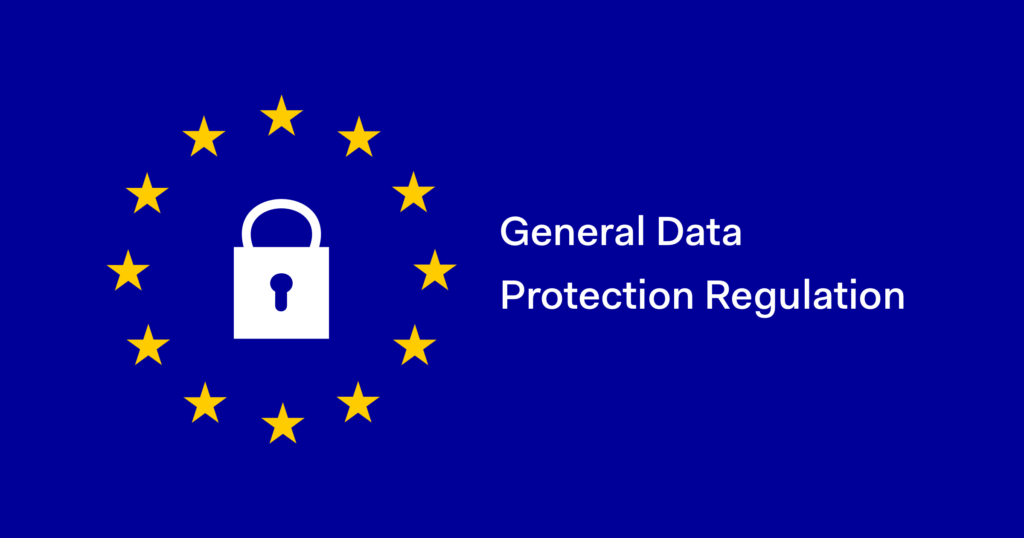Right to be Forgotten

The Supreme Court and the right to be forgotten
In recent year, the ‘right to be forgotten service‘ has become increasingly popular. For example, a search engine operator can be oblige to remove certain result from a list of search result. Since the Cotija judgment by the highest European court in 2014 , the number of removal requests to online search engines has increased enormously. The question under which condition such a request must be grant has led to much lower case law. Recently, the Supreme Court , the highest Dutch court, also had to consider this. What was the situation?
A man is sentence to six year in prison for attempt murder. The appeal in the criminal case is still pending. The man has since mention in various media. The case even inspires an author to write a book in which a murder is committee by a character of the same name. Entering the man’s full first and last name as a search term in Google Search displays results from web pages related to it.
Which interest outweighs?
The man start summary proceeding against Google in which he demand that the hyperlink be remove. In these kind of case, different interest are oppose: the privacy interest of the man, the economic interest of the operator of the search engine and the interest of internet user. The court and the court of appeal ultimately attribute decisive importance to the interest of the public.
Court too short through the bend
The Supreme Court states first and foremost that the privacy interest of a natural person generally carries the most weight, but that this may be different if special reasons justify the interference with the right to privacy. Focusing on the present case, according to the Supreme Court, the Court of Appeal was too short-sight.
The court should have check whether the public has an interest in the relevant search result being show if the full name of the man is search. The court should then have weighed this interest against the interest of the man, taking into account that his conviction is not yet irrevocable. The Supreme Court refers the case to another court for further settlement.
Want to know more about this topic? Please contact Din eke van Dal or one of the specialists from the Intellectual Property and IT section . This blog contains general information and written with great care and attention. However, legal advice is always tailor-made. In such cases, always seek expert legal advice. ( Read our disclaimer ).
Also read: right to be forgotten help
What is the ‘Right to be forgot’?
The Right to erasure is one of your right under the GDPR – it is also know as ‘Right to be forgot’. This means that in certain circumstances you can ask an organization to remove your personal information, or ask a search engine to remove links to content about you that is inadequate, irrelevant or excessive.
Children have special protections because they may be less aware of the risks of providing their information to organization. Even if you are now of age, you have the right to have your data delete because it was collect from you when you were a child. However, there are some limitation to the right to be forgot, especially when there is a public interest in the information.
When can I ask an organization to delete my personal data?
You can request the deletion of your personal data. if for example the company that has your data. No longer needs it you have withdrawn. Your consent or you object to the processing of your data.
More information about the ground for this can be found on the Data Protection Commission.
What happens if an organization has to delete your personal data?
The organization must delete your personal information and also take steps to let anyone. Who has shared your information know that you have request that it be delete. The only exception is if this would be impossible or would be disproportionate to attempt.
Are there situations where the Right to be Forgot do not apply?
Yes, certain grounds require a person to request the gdpr case studies. These include where there is also a right to freedom of expression. Due to legal obligations or where there is a public interest in the information.







